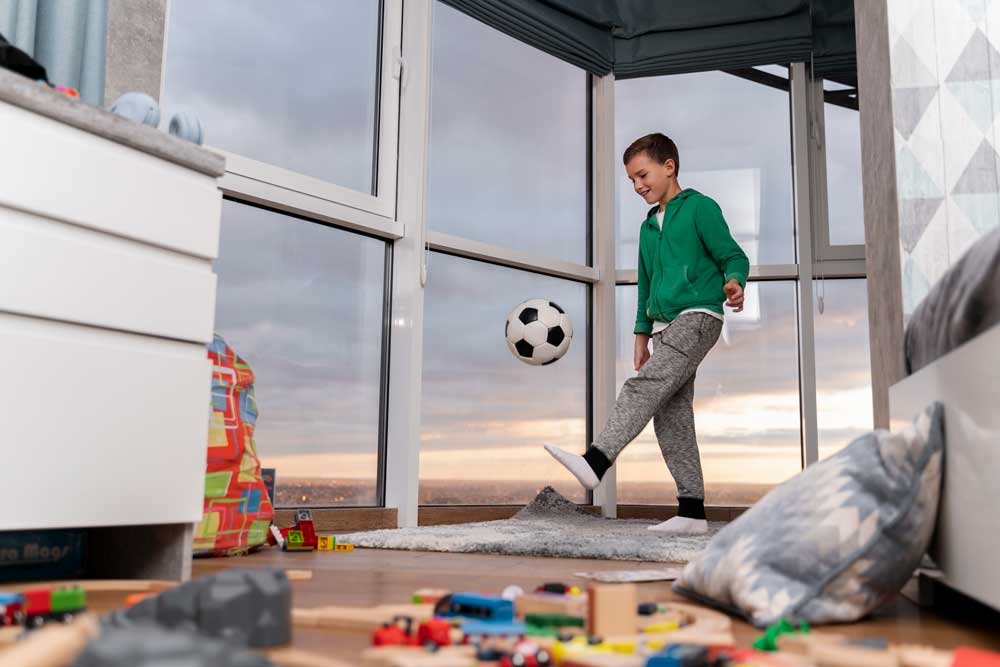
Is Toughened Vacuum Glass better than Safety Filmed Vacuum Glass?
Discover the best choice for durable, energy-efficient windows: Toughened Vacuum Glass or Safety Filmed Vacuum Glass. Pros, cons, and expert insights included!
Comparing Toughened Vacuum Glass with Safety Filmed Vacuum Glass for Energy-Efficient Windows
Vacuum insulated glass units (VIGs) are a type of window that is becoming increasingly popular due to their superior energy efficiency. VIGs are made up of two panes of glass that are separated by a vacuum, which helps to prevent heat transfer from the inside to the outside and vice versa. However, VIGs can be more susceptible to breakage than traditional windows. This is because the vacuum inside the unit applies stress on the glass, causing it to crack or shatter if it is struck by a hard object.
There are a couple of usual methods for increasing the resistance of Vacuum Insulated Glass to damage.
Safety Film:
One way to protect VIGs from breakage is to apply safety film to the glass. Safety film is a clear, adhesive film that is applied to the inside of the glass. The film helps to hold the glass together in the event of breakage, preventing it from shattering into sharp shards.
Pros of Safety Films:
- Helps to protect VIGs from breakage.
- Can be applied to existing VIGs.
- Relatively inexpensive.
Cons of Safety Films:
- Can reduce the clarity of the glass.
- Not as effective as toughened glass.
- Prone to damage and scratches.
- Can be difficult to remove.

Toughened Vacuum Glass:
Toughened vacuum glass is another type of glass that is often used in VIGs. Toughened glass is made by heating glass to a high temperature and then quickly cooling it. This process causes the glass to become much stronger and more resistant to breakage than traditional glass.
Pros of Toughened Vacuum Glass:
- Much stronger than traditional glass.
- More resistant to breakage.
- Does not reduce the clarity of the glass.
Cons of Toughened Vacuum Glass:
- More expensive than safety film.
- Cannot be applied to existing VIGs.
- Must be installed by a professional.
Yes, toughened glass, also known as tempered glass, is up to 5 times stronger than standard annealed glass. In case of breakage, it shatters into small granular pieces without sharp edges.
Conclusion:
Toughened vacuum glass is a more durable and effective option, especially for high-traffic areas. The visual clarity is better, the longevity is extended, the maintenance is reduced, and the glass is generally considered to be safer.
I hope this blog post has been helpful. If you have any questions, please feel free to contact us.